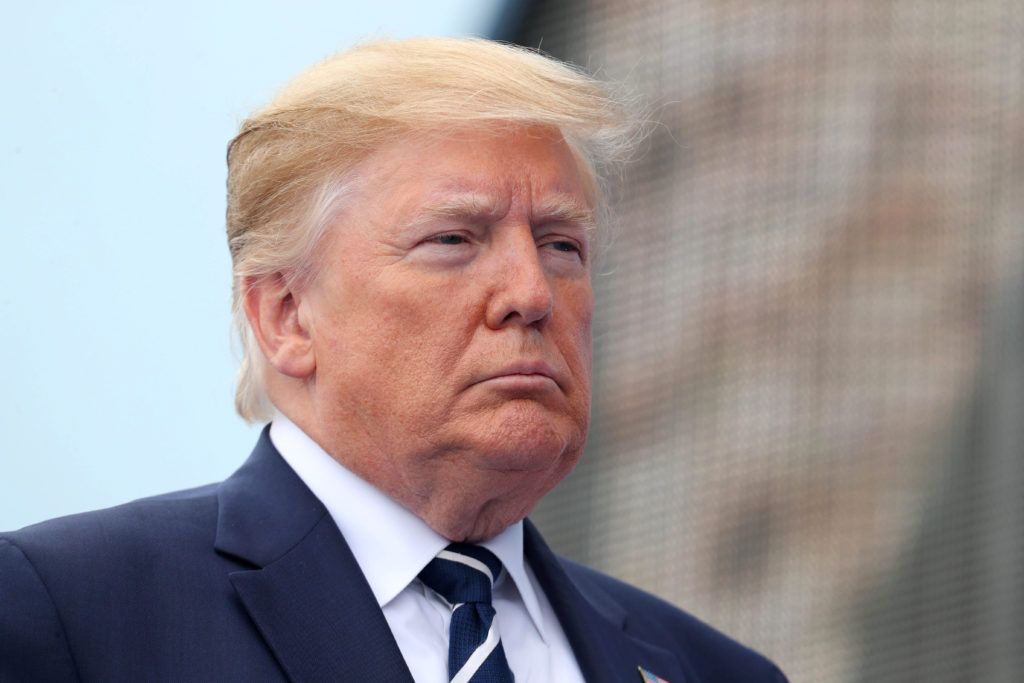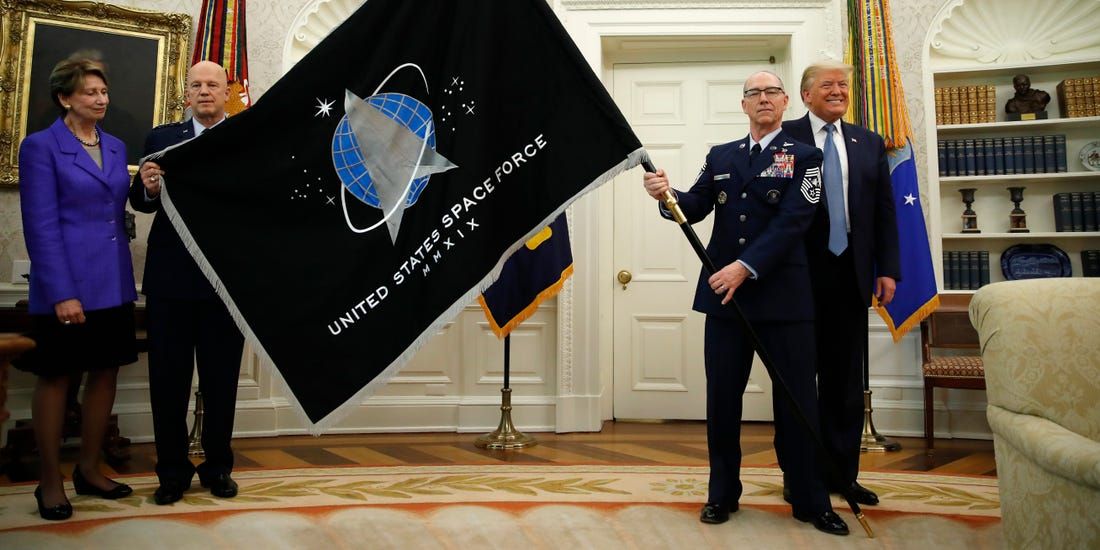No, Trump Isn’t Blocking UFO Disclosure
Article by Jazz Shaw November 24, 2020 (hotair.com)
• In an article by Andrew Daniels in Popular Mechanics, Daniels accuses President Trump of jeopardizing the momentum of UFO disclosure over the past two years by threatening to veto the 2021 National Defense Authorization Act (NDAA), the annual bill that sets the budget and policies for the U.S. military, if lawmakers don’t remove a bipartisan amendment to rename military bases named after Confederate leaders. The NDAA includes language designed to bring secret military UFO information out to the public. The NDAA must be passed and signed before Congress adjourns on January 3rd.
• Nevermind that Trump has probably spent more time talking (albeit benignly) about UFOs than any President before him, and that the most stunning government revelations on the subject of UAP/UFOs in the history of our country occurred on his watch.
• Firstly, the protection of Confederate monuments and related historical notations is a pet project of Trump’s because it polls well with his base. It is unclear whether the President is even aware of the UFO/UAP language tucked in there. So it’s a bit misleading to say that the President is thinking of “blocking the public from learning” about UFOs.
• Secondly, the way this subject is being framed by Daniels assumes that the public has any realistic chance of learning “the truth about UFOs” even if the NDAA bill is passed. The Senate is calling for the UAP Task Force to better define how it collects and internally shares information, and to release a public report with any non-classified material they can provide. That sounds great on paper, but it doesn’t mean we’re actually going to learn anything. There’s no funding attached to that language so Congress has nothing to hang over the Pentagon’s head. The Pentagon could simply ignore this order, if passed.
• A Pentagon UAP spokesperson has already made it clear that the Department of Defense has no intention of discussing “details of either the observations or the examination of reported (UFO) incursions.” It’s highly unlikely that the Pentagon will be sharing any new information on UFOs any time soon, no matter what the NDAA says.
• Despite President Trump’s promise to “check into” UFOs, we have yet to see any indication that he carried through on it, or that this is really any sort of a priority for him at all. And given how the recent election court cases have been going, the President probably doesn’t have much time left to do it even if he wanted to. So there doesn’t appear to be any real move toward UFO disclosure here to block.

A curious article showed up at Popular Mechanics yesterday that immediately caught my attention. The title was, “Trump May Block the Public From Learning the Truth About UFOs.” That sounds like a rather ominous accusation, considering that Donald Trump has probably spent more time talking about UFOs than any president before him. I’m not saying that he’s actually revealed anything of interest beyond some hints and suggestions that he would “look into it.” But the most stunning government revelations on the subject of UAPs in the history of our country definitely took place on his watch.

The article is from Andrew Daniels, and what he’s talking about is a valid concern for those interested in this subject, but the reality isn’t quite as dire as the title makes it sound. Here’s part of Daniels’ pitch.
President Donald Trump says he’ll veto the 2021 National Defense Authorization Act (NDAA), the annual bill that sets the budget and policies for the U.S. military, if lawmakers don’t remove a bipartisan amendment to rename military bases named after Confederate leaders, according to an NBC News report.
The NDAA, which must be passed and signed before Congress adjourns on January 3, covers troop pay raises and funding for new equipment, among other items. But it also includes language that could ultimately change what the American public knows about UFOs in a significant way. A Trump veto of the NDAA may stall the momentum of a movement that has rapidly captured mainstream attention over the last two years.
So it turns out that Daniels is referring to the same subject that we discussed here on Saturday. The NDAA should (though this isn’t a 100% sure thing yet) contain the language regarding the Pentagon’s UAP Task Force generated by Marco Rubio and the other members of the Senate Intelligence Committee. But the President is still threatening to veto the NDAA if provisions ordering the renaming of certain military bases named after Confederate leaders aren’t removed.
FAIR USE NOTICE: This page contains copyrighted material the use of which has not been specifically authorized by the copyright owner. ExoNews.org distributes this material for the purpose of news reporting, educational research, comment and criticism, constituting Fair Use under 17 U.S.C § 107. Please contact the Editor at ExoNews with any copyright issue.



